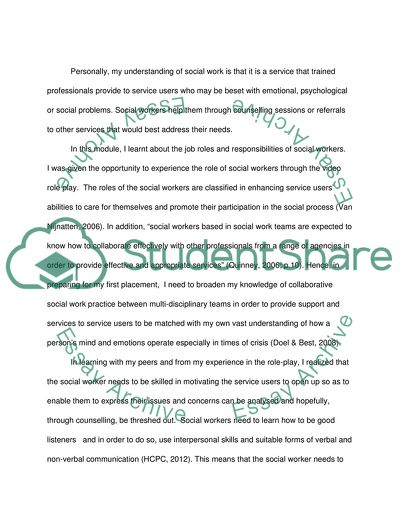Cite this document
(My Readiness for Direct Practice Personal Statement, n.d.)
My Readiness for Direct Practice Personal Statement. Retrieved from https://studentshare.org/social-science/1845942-you-can-chose-a-heading
My Readiness for Direct Practice Personal Statement. Retrieved from https://studentshare.org/social-science/1845942-you-can-chose-a-heading
(My Readiness for Direct Practice Personal Statement)
My Readiness for Direct Practice Personal Statement. https://studentshare.org/social-science/1845942-you-can-chose-a-heading.
My Readiness for Direct Practice Personal Statement. https://studentshare.org/social-science/1845942-you-can-chose-a-heading.
“My Readiness for Direct Practice Personal Statement”, n.d. https://studentshare.org/social-science/1845942-you-can-chose-a-heading.


